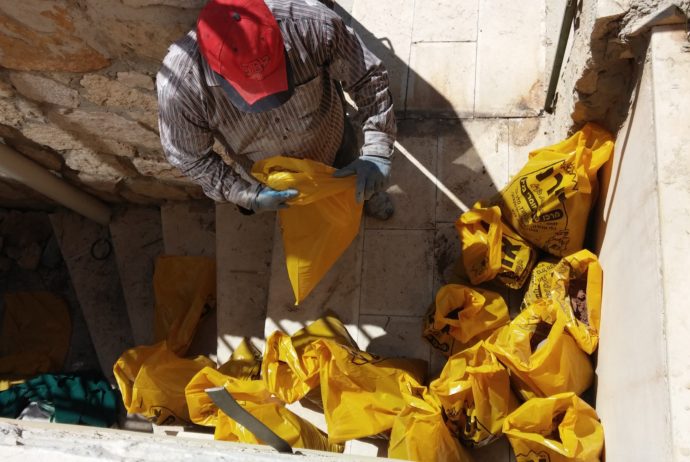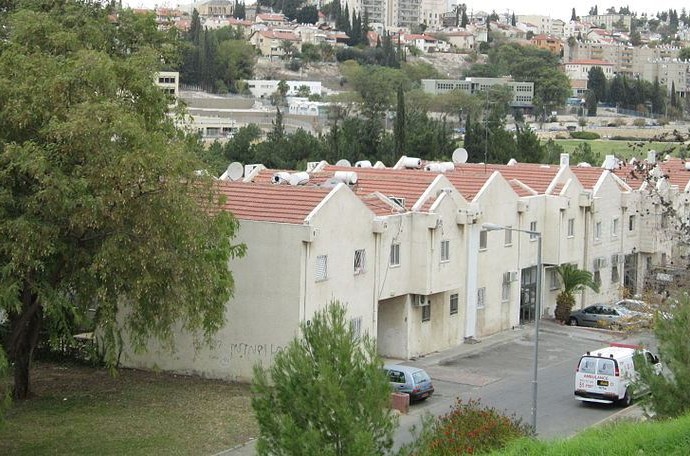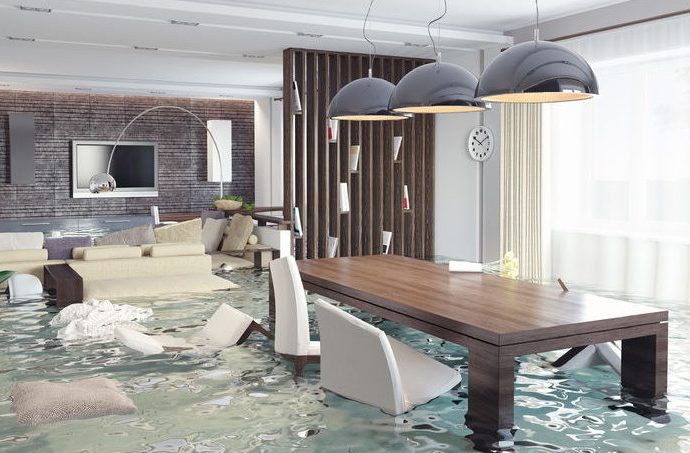If you call up an Israeli contractor for a price, hearing your accented Hebrew will probably add 20% to his regular fee! As an experienced Israeli property manager and qualified lawyer, Shaun Isaacson has a clear advantage in hiring and supervising Israeli contractors.
When organizing and overseeing renovations and repairs in the properties that he manages, Shaun knows that he gets a better deal than his clients would have gotten for themselves. “I have seen how the price of a project can vary depending on the nationality of the client and the neighbourhood in which they live. Contractors will often take advantage of your accent and your address, thinking that you are a wealthy foreigner who can afford to pay more. Also, because I manage multiple properties, I can negotiate better prices than a homeowner, because companies want repeat business. This also motivates them to work faster and do a better job, because they know I will not hire them again if I am dissatisfied.”
In addition to Hebrew fluency and native negotiation skills, Shaun has the advantage of extensive experience in working with Israeli buildings, which are often built differently from his overseas clients’ home properties.
“Most Israeli buildings are made from poured concrete and they are often susceptible to cracks and water damage. The problem with leaks in concrete is that the water can enter at one location and seep through a crack somewhere else. Finding the source of the problem can be a game of trial and error, causing extensive damage to walls or ceilings in the search for the source of the leak. We have often brought in a company that uses an x-ray machine to find the crack in the pipe or the concrete and diagnose the problem. This service is costly but it cuts out the expensive guessing games and helps to minimize the repair costs.”
In one property managed by Creative Estates, it became clear that they had an electrical problem throughout the house. An old water leak had caused corrosion in the wires, and the fuses kept short-circuiting, which suggested that the wattage was too low for their electricity usage. Shaun’s team of electricians surveyed the property and recommended changing the spot lights (over 50 of them) in the ceilings throughout the house to LED lights, in order to reduce electricity consumption. They identified several problems and fixed them, without the unnecessary expense and disruption of rewiring the entire house.
In another example of how creative thinking can save Shaun’s clients money, the owners of a different home called in a swimming pool company who advised them to dig up the garden and install a cement pool, which would require building permits. Instead, Shaun and his team recommended installing a deck with an integral plastic pool which did not require permits. “The pool company had a standard way of working but, by looking at the problem from a different angle and thinking outside of the box, we saved our client 40% of the installation cost.”
Shaun understands that his job as a property manager includes managing construction and renovation projects, so he does not charge an additional management fee for this work. He supervises the contractors himself, which saves his client the cost of bringing in a site manager. “I have built up a team of highly skilled plumbers and electricians, builders and painters, who work on the properties that I manage. Not only can I rely on their honesty and professionalism, but if anything goes wrong, they know what to fix and they don’t quibble about putting it right. Our clients know that we will manage the entire project from start to finish, saving them money and stress.”
For more information about Creative Estates property management service in Israel, contact Shaun Isaacson at shaun@ceisrael.com or on +972 52-652-1096. We will give you a price quote in complete confidence and without obligation.





